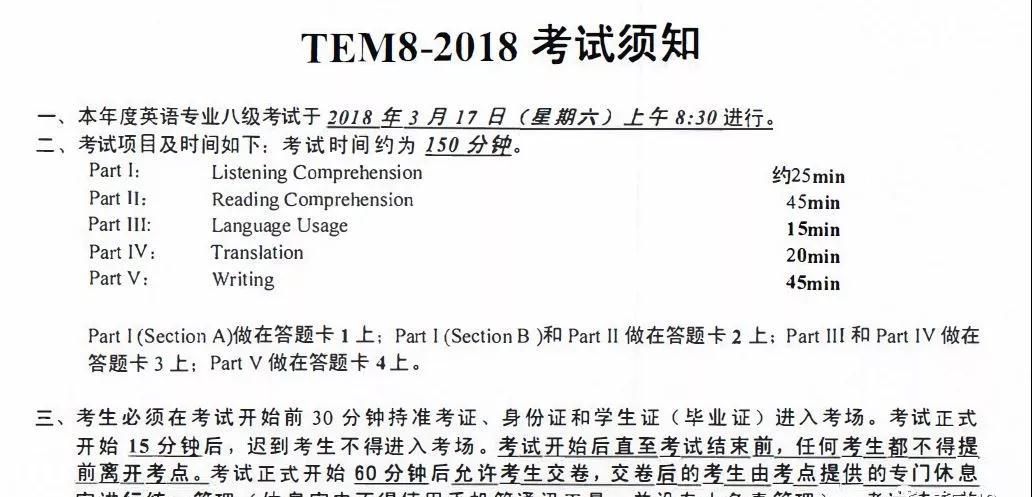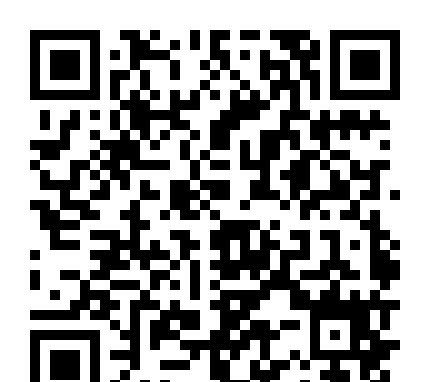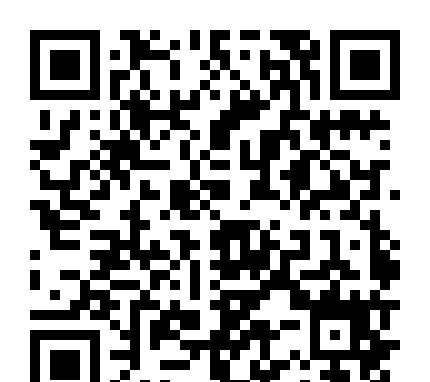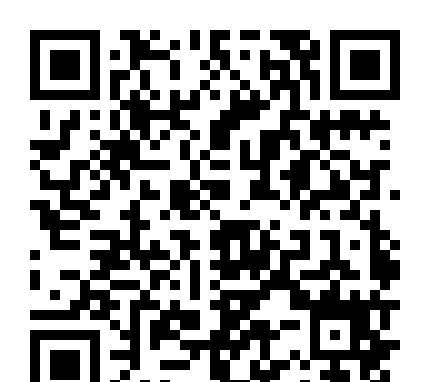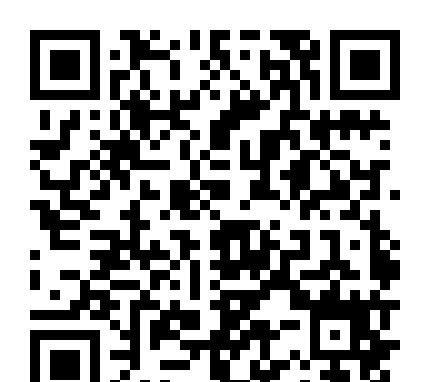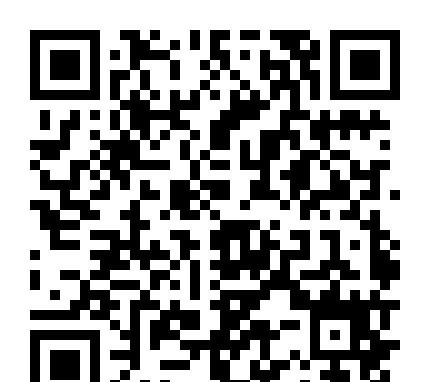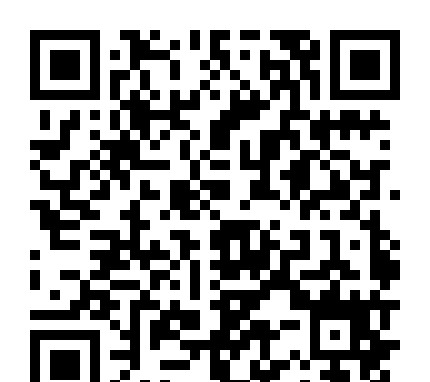Dairy goods' exports see massive fall
|
Dairy exports have ground to a halt during what traditionally is the industry's busiest time of the year, thanks to the tainted-milk food scandal. The latest General Administration of Customs figures show that only 1,036 tons of dairy products were exported in October, down 92 percent year-on-year. From January to September, the monthly average export of dairy products was 12,000 tons. The milk food scandal has created distrust in other China-made food products, and stunted their exports, too. But the US-China Strategic Economic Dialogue (SED) on economic, trade and food safety issues, which starts on Thursday, could prove to be the silver lining in Chinese exporters' dark clouds. Struggling Chinese food products exporters are pinning their hopes on the SED, for official sources have said it is "highly possible" that the two governments would reach an agreement to ease the restrictions on Chinese food exports to the US. Sources in the China General Administration of Quality Supervision, Inspection and Quarantine (AQSIQ) also said the dialogue could at least pave the way for the US Food and Drug Administration (FDA) to accept tests carried out by the AQSIQ as independent, third-party certification. Last month, the FDA issued an import alert on Chinese dairy products, making it almost impossible for many Chinese firms to export products to the US. The move came after the industrial chemical melamine was found to have contaminated a wide range of milk products in China. The FDA has urged exporters and importers to certify that their products are free of dairy ingredients or melamine if they want to sell them in the US. All these developments make US Treasury Secretary Henry Paulson-led delegation's visit to Beijing for the two-day SED all the more important. Guangzhou is one of the worst hit economic hubs, exporting only 35 tons of dairy products in October, down 94 percent year-on-year, according to local Customs figures. Liang Feng Food Group in Jiangsu province, which mainly supplies milk, milk chocolates, biscuits and cream candies, is among the companies badly hit by the melamine scandal and the FDA order. The weeks leading up to Christmas are very important for companies like Liang Feng because that's when the demand for China-made candies in Western consumers is the highest. "But parts of our production line have not been functioning since mid-September after the melamine scandal broke," said Tong Xun, import-export business manager of Liang Feng. "We've lost about $1 million worth of orders since then. That's one-fifth of our annual exports," he said. "Our exports to the US have stopped completely." Referring to the FDA's order, Tong said: "Third-party certification induces additional costs, squeezing firms' profits further. And even if we have the certificate, few importers now trust China-made dairy products." None of his company's products have tested positive for melamine, though, "We're innocent,” he said. “We began raising our own cows three years ago… But even then we've been dragged into the whirlpool of controversy." The growth in agricultural and meat products' exported from Qingdao fell to 1.9 percent in October from a monthly average of 15 percent in the first nine months of the year. The figure is important because Qingdao is a major port in the country's largest agricultural product exporting province of Shandong. The export growth of agricultural products from Yantai, another big port in Shandong, dropped from 12 percent in September to 3.2 percent in October. Yantai's exports to the US grew by only 3.6 percent in October, compared with 27 percent in August. Companies in Guangzhou exported only 38 tons of frozen fish in October, down 64 percent year-on-year. And poultry exports from the city dropped 63 percent to 106,550 pieces, local Customs figures showed. "The tainted-milk scandal has dealt a heavy blow to the 'made-in-China' label, and the global financial crisis has worsened the situation," said Zhao Xinzhi, an official with the Yantai foreign trade and economics bureau. Questions: 1. By how many percent were dairy exports down by? 2. What event is happening on Thursday in Beijing? 3. If companies want to sell food products to the United States, what must they do? Answers: 1. 92 percent. 2. The China-US Strategic Economic Dialogue on economic, trade and food safety issues. 3. They must get third-party certification that their products are free of dairy ingredients and melamine. |


